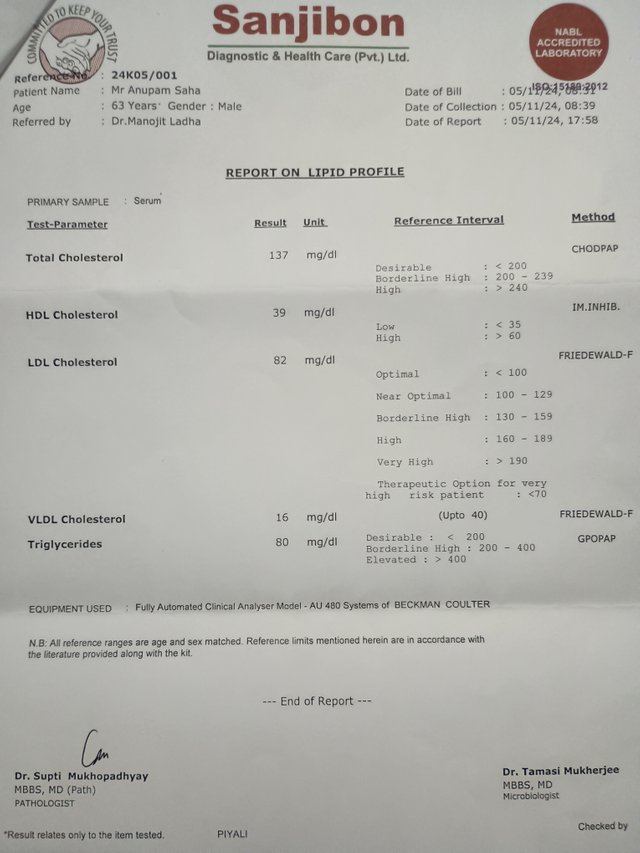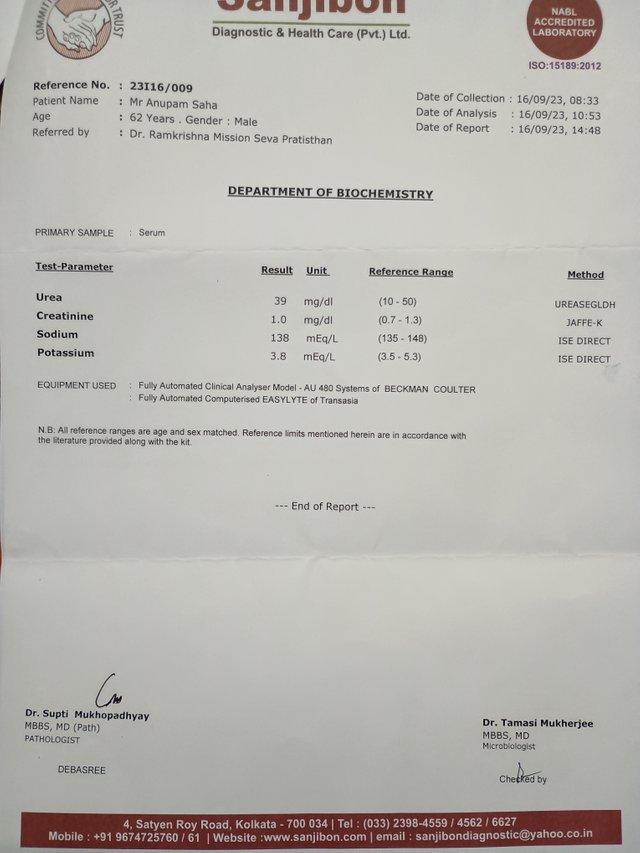Greetings friends of Steemit and Healthy Steem
Hemoglobin AIC and what the goal for that number should be.

A new research article published in the Journal of the American College of Cardiology, entitled, "Glycated Hemoglobin and Subclinical Atherosclerosis in People Without Diabetes."
This is an excellent article that makes very, very clear the power of having a very low hemoglobin AIC. We already know that people with diabetes have an increased risk of buildup of plaque in their arteries, in their heart and other places.
But what about people with pre-diabetes?
What about people with a normal hemoglobin AIC?
What I want you to understand is that every cutoff given to you by your doctor, some doctors will say, well if you're AlC's under 6.5, you're not diabetic and that's fine.
Others will say, well it needs to be under 5.7, that's the cutoff for pre-diabetes. And if you're under 5.7, then you're perfectly safe.
The problem is these are arbitrary numbers, basically picked out of thin air that don't really give you the full story behind your hemoglobin AIC, and what you really want it to be.
You have to have a 6.5 or higher to be considered a type two diabetic.
I really think the goal for all of us, including you, should be at the lowest hemoglobin AIC that you can personally attain. And so if you've gotten your A1C down from type two diabetic levels into the pre-diabetic range, that's definitely less bad, but it's not perfection. You're not safe there for the long haul. You want to get your AlC even lower. And so I think this gives you great evidence that a hemoglobin A1C under 5.7 is a bit of an arbitrary cutoff.
That's not really a magical number whatsoever. There is still gonna be a plaque buildup in your arteries, even with an AIC of 5.6.
What is Lipid profile test?

The lipid profile test measures the levels of different types of lipids in the blood lipids are fats or fat like substances which are important components of the cells and source of energy for the body
Components of a lipid profile test includes total cholesterol low density lipoproteins Idl, cholesterol high density lipoproteins hdl, cholesterol triglycerides dgs, very low density lipoproteins vidi, cholesterol why is lipid profile
Why is Lipid profile done?
It is done to screen for suspected heart diseases like coronary artery disease stroke to monitor the efficacy of lipids.

Ketone blood test bases the amount of ketones in the blood. This test is used to diagnose ketoacidosis. it's a life threatening problem that affects people who have diabetes that is diabetic ketoacidosis or simply dka and drink large amounts of alcohol that is alcoholic ketoacidosis results and interpretation lower than 0.6 millimole per liter is in normal reading. 0.6 to 1.5 millimole per liter means you are at a slightly increased risk of dka and you should test again in two hours. 1.6 to 2.9 millimole per liter means you are at an increased risk of dka if higher levels of ketones are found in the blood this may indicate the following.
- higher levels of ketones (blood): indicate:
Alcoholic ketoacidosis
Diabetic ketoacidosis
Starvation
Uncontrolled blood glucose in people with diabetes.
What is normal blood glucose level because apart from diabetes we also have a condition called as pre-diabetes that is where there is a high risk of developing diabetes but diabetes is actually not there so what is normal blood glucose level is if you look at the fasting blood sugar level if if you give the blood sample in the fasting state and if the fasting glucose level is less than 100 it is normal, if it is between 100 to 125 then what is this is what is called pre-diabetes and above 126 your diet you are having diabetes similarly if you look at the
What is the relationship between blood sodium and blood potassium levels. All right so let's talk about sodium and potassium so what's common about them is that they are both electrolytes and what is the main function of electrolytes. Well in general most of our electrolytes help to regulate fluids now other things can do other stuff going on but generally it's about fluids. Now the relationship between sodium and potassium is inverse meaning if one goes up the other one ends up going down and vice versa. So generally speaking salt or sodium which is sodium chloride is salt. Salt's function is really to maintain fluid balance potassium. On the other hand it serves very important functions for example in muscle contraction so for guys who work out really Intense or women who are doing all sorts of intense activity when you get muscle cramps. So the balance between these ions and its testing is very important for normal life.
Before I conclude I would like to invite three fellow Steemians to participate in the contest
@zulbahri
@eveetim
@georgitsachev
Thank you for reading my post.